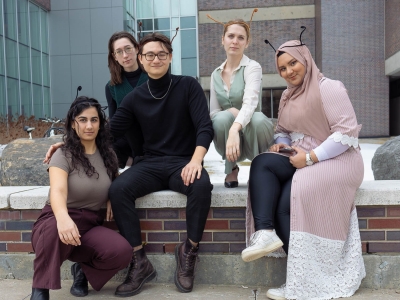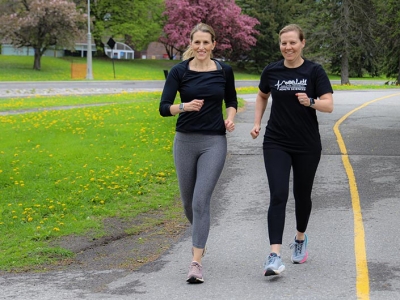By Laura Byrne Paquet
Quick: Name a famous scientist.
Who popped first into your mind? Was it Albert Einstein, Frederick Banting or Carl Sagan, perhaps?
If so, you’re far from alone. Research has shown that intrinsic bias leads many of us to associate the concepts of “science” and “men.” Studies also reveal that it is harder for people with disabilities and for Black, Indigenous and people of colour (BIPOC) to advance in scientific fields.
For these and many other reasons, Carleton’s Faculty of Science has launched a new series of events called ACE EDI (Awareness, Collaboration and Engagement to advance Equity, Diversity and Inclusion). The first event, an online panel discussion called “Let’s Talk EDI in Science,” took place on Oct. 28 and attracted more than 70 viewers.
“We are just getting started, so one of the things is building awareness of the issues and starting the collaboration,” says Rowan Thomson, the faculty’s Assistant Dean of Equity, Diversity and Inclusion.
“People want to effect change. So we’re asking ourselves and each other, ‘How are we going to do this?’”
She stresses that the online event was simply the first step toward action.
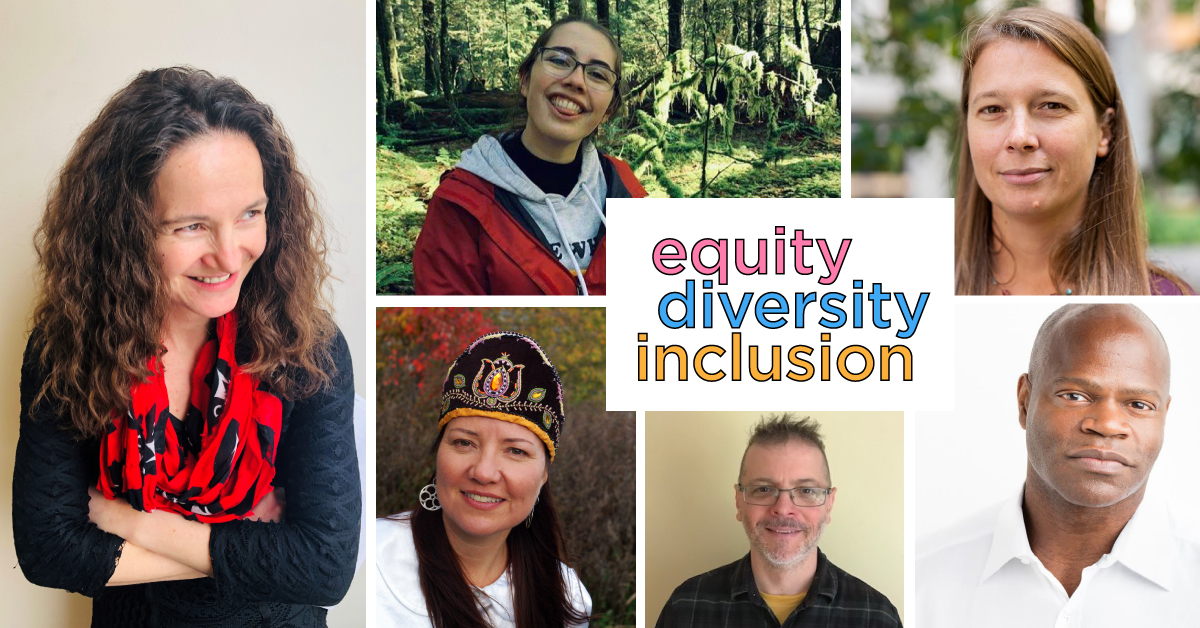
Panel participants in the ACE EDI inaugural “Let’s Talk EDI in Science” event held Oct. 28
Panelists included Michael Charles, Carleton’s first Assistant Vice-President and University Advisor, Equity and Inclusive Communities, and Dr. Kahente Horn-Miller, Associate Professor in the School of Indigenous and Canadian Studies at Carleton University and recently-appointed Assistant Vice-President, Indigenous Initiatives, also a new role for the university.
In the next ACE EDI event, Dr. Imogen Coe—founding dean of the Faculty of Science at Ryerson University—will be giving a presentation titled “Uncomfortable Truths and Inclusive Excellence in Academic Science: Building the Toolkit for Change.” That Zoom webinar is taking place on Dec. 1.
Herzberg Lecture to Explore Diversity in Computer Science
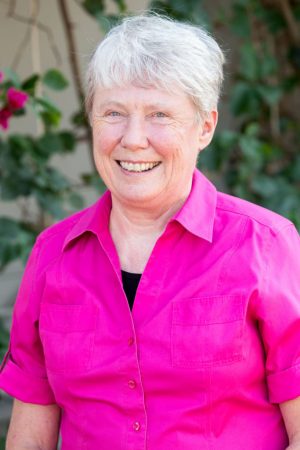
Maria Klawe, 2020 Herzberg Lecture Guest Speaker
The ACE EDI series is just one of the ways that the faculty is fostering discussions of these issues. Another is the upcoming annual Herzberg Lecture on Nov. 18. In that Zoom webinar, Maria Klawe, President of Harvey Mudd College, will be talking about increasing diversity in computer science at all levels.
“I think this talk will be very interesting for many of us, not just in computer science, because these issues of equity, diversity and inclusion transcend one area of science,” says Thomson.
For instance, she notes studies showing that hiring committees in many organizations are less likely to consider CVs submitted by BIPOC people. In the academic world, research has revealed that male faculty members are more likely than others to be mentored and to earn higher salaries. As a result, Thomson is working with colleagues on initiatives such as developing a question bank for hiring committees to use.
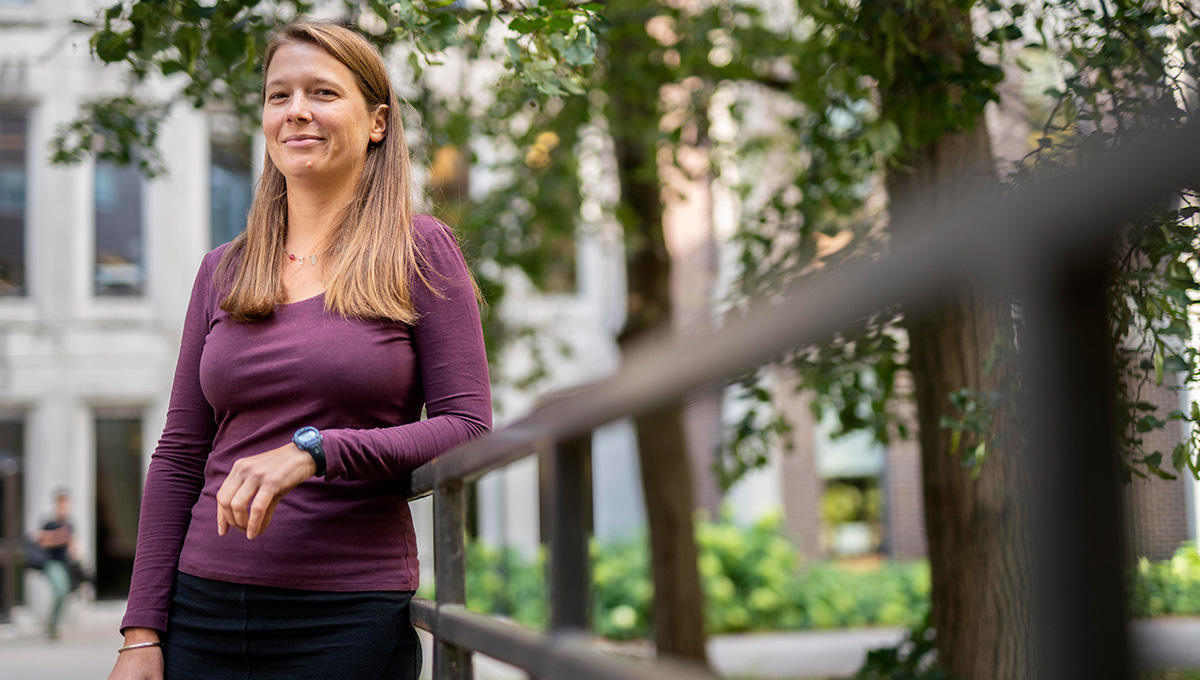
Rowan Thomson, Assistant Dean of Equity, Diversity and Inclusion
Another aspect of her mandate involves incorporating the 41 Calls to Action in Kinàmàgawin—Carleton’s new, long-term Indigenous strategy—into the Faculty of Science, to better reflect Indigenous teaching methods and ways of knowing. “We want to make our faculty more welcoming for Indigenous students so that they can choose science and make it something that matters to them, or connected with things that matter to them.”
Valuable new resources in that area are Indigenous Learning Bundles. Each bundle, designed to be incorporated directly into curricula, includes multimedia materials providing the factual and theoretical context for specific aspects of Indigenous history and politics.
A University-Wide Commitment
Thomson notes that the Faculty of Science is not starting from scratch in these initiatives. As well as Kinàmàgawin, other Carleton initiatives to support diversity include the Paul Menton Centre for Students With Disabilities, which opened in 1990.
Thomson is also a member of the university’s larger Equity and Inclusive Communities Advisory Group. That group has created a major document, Draft Recommendations for Equity, Diversity and Inclusion (EDI) Institutional Action, expected to receive final approval later this month.
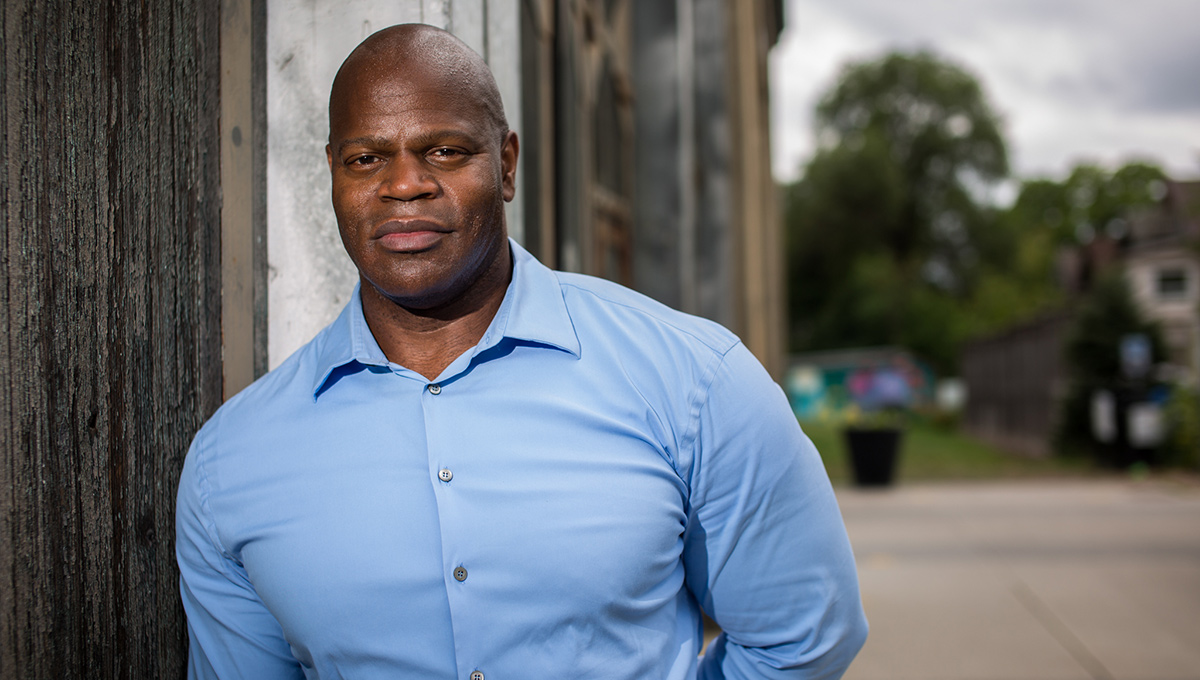
Assistant Vice-President and University Advisor for EIC Michael F. Charles
Michael Charles has been leading the development of the university-wide recommendations. His work has involved consultations with faculty, staff, students and external community members.
He has been pleasantly surprised that so many of the people consulted had less concerns with the comprehensiveness of the document than they had concerns about the collective commitment to implementation.
“What was interesting to me in terms of feedback was how much people were concerned there would not be a sustained effort to carry out all these objectives,” he says.
“People are very, very keen and watching this very closely. They want accountability and they intend to hold our collective feet to the fire.”
He observes that the advisory group provides a strong foundation for carrying out the recommendations, because it represents enhanced and structured communication among EDI advocates across the university.
“That’s something new for us that didn’t really exist even two years ago, where the work was much more siloed, underdeveloped and far less strategic.”
Thursday, November 12, 2020 in Community / Outreach, EDI News, General
Share: Twitter, Facebook
